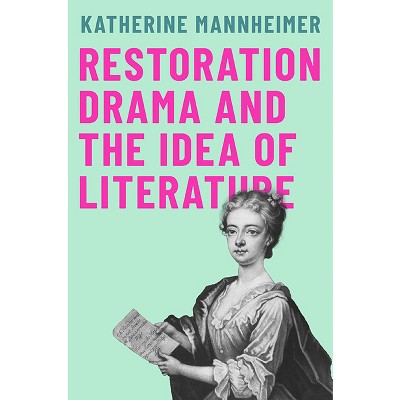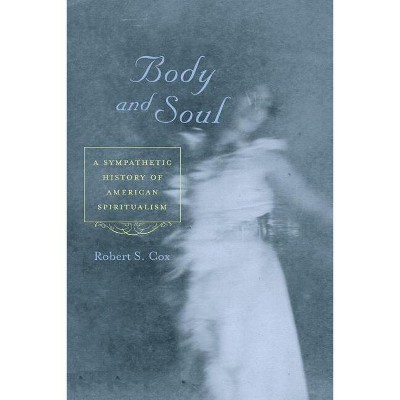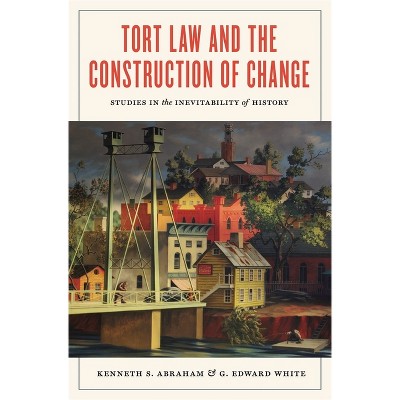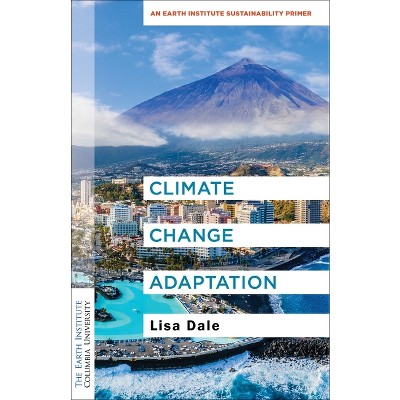Climate Change and Original Sin - (Under the Sign of Nature) by Katherine Cox

About this item
Highlights
- Prior to the Enlightenment era, how was the human-climate relationship conceived?
- About the Author: Katherine Cox is an independent scholar living in France.
- 272 Pages
- Literary Criticism, Subjects & Themes
- Series Name: Under the Sign of Nature
Description
About the Book
"Establishes the primal connection between climate change and human moral transgression as a fundamental ground-theme of Milton's poetry. This book merges perspectives from the history of science, environmental humanities, and literary criticism to situate Milton's depiction of human climate responsibility amid a shifting landscape of seventeenth-century attitudes toward the atmosphere"--Book Synopsis
Prior to the Enlightenment era, how was the human-climate relationship conceived? Focusing on the most recent epoch in which belief in an animate environment still widely prevailed, Climate Change and Original Sin argues that an ecologically inflected moral system assumed that humanity bore responsibility for climate corruption and volatility.
The environmental problem initiated by original sin is not only that humans alienated themselves from nature but also that satanic powers invaded the world and corrupted its elements--particularly the air. Milton shared with contemporaries the widespread view that storms and earthquakes represented the work of fearsome spiritual agents licensed to inflict misery on humans as penalty for sin. Katherine Cox's work discerns in Paradise Lost an ecological fall distinct from, yet concurrent with, the human fall. In examining Milton's evolving representations of the climate, this book also traces the gradual development of ideas about the atmosphere during the seventeenth century--a change in the intellectual climate driven by experimental activity and heralding an ecologically devastating shift in Western attitudes toward the air.
Review Quotes
A highly original, well researched, and impressively informative study full of bracing surprises and rich in fresh insights into Milton's poetry, place, and times. Cox's book embodies a thoroughgoing, detailed, and ultimately convincing insistence on the importance and interconnectedness for Milton (and beyond) of climate, meteorology, pneumatology, air, airs, winds, spirits, inspirations, exhalations, voices, and music.
--Dennis Danielson, University of British Columbia, author of Milton's Good God: A Study in Literary TheodicyA major contribution to the critical understanding of early modern notions of climate and climate change. This is an extremely impressive work of scholarship, and one of the very best works on Milton in recent years. Thorough, creative, and compelling.
--Christopher Kendrick, Loyola University Chicago, author of Milton: A Study in Ideology and FormA work of highly original scholarship, one that presents groundbreaking research on early modern meteorology, acoustics, and pneumatic science and brings it to bear in fresh, remarkable readings of Milton's poetry. . . As it traces the evolution of Milton's thinking about climate, the book spans a range of subjects, including Renaissance instrument-making, metallurgy, and demonology. Cox presents this material with considerable skill, offering nuanced analyses of competing theories and practices. Her readings of Milton's poetry--from the Nativity Ode to Paradise Regained--are consistently persuasive and occasionally dazzling.
--Milton Quarterly ReviewAbout the Author
Katherine Cox is an independent scholar living in France.
Shipping details
Return details
Guests also viewed











